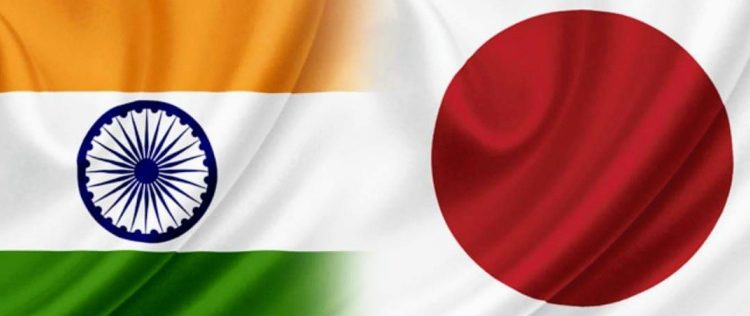Japan should know global media coverage of India does not represent voice of its moderate conservatives
The world’s media has a tendency to label India’s Prime Minister Narendra Modi and the country’s ruling party as a “government of religion.” However, the government is not biased toward religion.
NEW DELHI: India’s ability to deliver its moderate-conservative message to the world is not as powerful as other countries such as China, which is the world’s second-largest economy.
Yet, media coverage of India by these countries does not represent the voices of moderate conservatives in India. Japanese conservatives should bear this in mind, and read global coverage of India.
Nobuhiro Takahashi – the former Advisor of Suggestion Activities, Japan Chamber of Commerce and Industry in India (JCCII) said this in an article “Covering India: Japan Can Learn from What Global Media is Missing” published recently in Japan Forward, an English-language news & opinion portal of Japan’s popular Sankei Shimbun newspaper.
“If the global media understood that moderate conservatives in Japan have accepted Shintoism as part of the country’s culture, perhaps the media would be more cautious about mislabeling a government as one of religion, and become more aware of its biased perspective,” Nobuhiro Takahashi said in the article.
According to him in India and Japan, moderate conservatives — who make up the majority of both populations — keep their opinions to themselves.
“This is something that I am convinced of, having lived in India for 13 years,” Nobuhiro Takahashi said in the article.
After having spent 13 years in India while working with a Japanese global auto component manufacturing company here, Mr. Takahashi went back to Japan in early March this year.
He wrote in the article that India’s values of moderate conservatism were in line with the country’s constitution, namely, order based on democracy and rule of law. There is a similar text on India’s status in Japan’s Diplomatic Bluebook.
“However, Western and Japanese coverage of India fails to pick up on the country’s moderate conservatism. I have observed the words and actions of India’s ruling party politicians and their supporters. They are not mainly about religion. They value order based on democracy and rule of law,” the former JCCII advisor added.
He stated moderate conservatives drew a line between politics and religion even though religion and philosophy were part of their everyday lives, and they carried a sense of pride in their indigenousness.
“Yes, religion and philosophy are part of their everyday lives. However, they know that it is common sense to draw a line between politics and religion. Their sense of pride in their indigenousness, symbolized by India’s national emblem, the Lion Capital of Ashoka, is a key driving force behind the ruling party and its supporters,” said Nobuhiro Takahashi.
The article published in both the languages – English and Japanese, further states that China and Pakistan are known as India’s highest-profile neighbors. China’s political position on religion can perhaps be summarized by the famous Karl Marx quote: “Religion is the opiate of the masses.”
“Meanwhile, in the case of Pakistan, the word “Pakistan” means “pure country,” with syllables taken from Islam and the word for country. Its political policies very much reflect this sentiment. India is a multiethnic country consisting of various religions, and it would be untrue to say that there is no friction between India and its main neighbors. However, one would also have to say that solely emphasizing this friction is somewhat malicious,” he wrote in the article.
The article stated that the world’s media has a tendency to label India’s Prime Minister Narendra Modi and the country’s ruling party as a “government of religion.” However, the government is not biased toward religion. It places value on its history and its indigenousness, which includes ancient scriptures such as the Vedas and ancient hymns to the gods (Rigveda).”
For more on India, see the author’s book, What You Need to Know to Succeed in Business in India (Gentosha, in Japanese, 2020)
Author: Nobuhiro Takahashi

The author is a former advisor for the Japan Chamber of Commerce and Industry in India, and a member of the Editorial Advisory Board of the Asian Community News (ACN) Network in India. He is also a registered yoga teacher. He has authored a book titled “What you should know about India to succeed in India” in the Japanese language (インドでビジネスを成功させるために知っておくべきこと). ACN would soon publish the English language version of the book in India.




I wait for English version of his book. Please appeal GOI to seek for the support.
This brilliant opinion is needed to share to GOI, to be proud to Indian indigenousness.
I want to read his book with English version
I want to read his book in English. When it will be published? His thought is very much fare Japanese view, introduction of his presences to union Government is also good idea to realize the publish of English version.